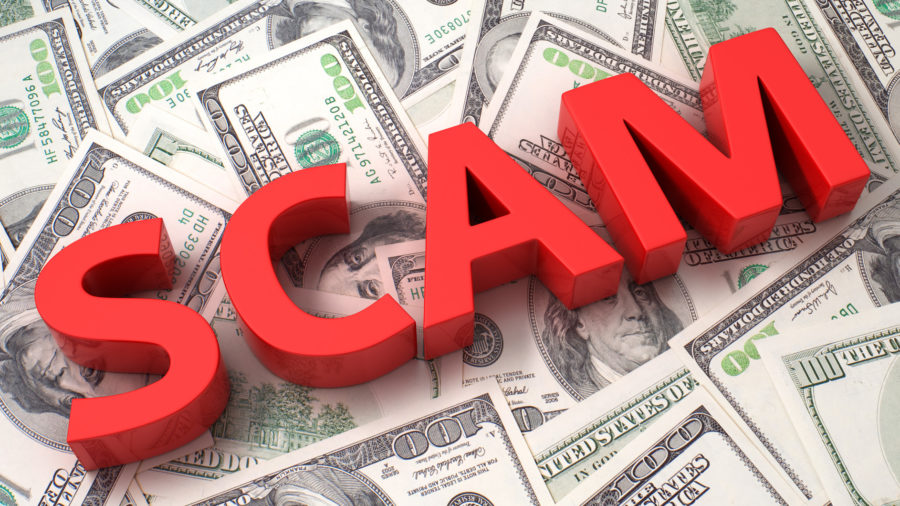If there is one time of year where the Accounting Solutions Ltd. office is bustling with activity, it’s tax season. This annual commitment keeps our CPAs on their toes, and allows us to really flex our chops when it comes to sitting down and working hard. Tax codes and rules do change regularly, after all. Unfortunately, there is another group of people who work at an equally determined rate – scammers. These nefarious groups use tax season as an opportunity to take advantage of people who are misinformed or vulnerable enough to fall for their nefarious schemes.
One of the most common ways that scammers take advantage of taxpayers is through phone calls. Most of us have experienced these in some form or other. Here’s a scenario that may seem quite familiar: you get a call from a mysterious phone number, with a crackly voice on the other end claiming that you owe the IRS money, or else face interest and potential jail time. They are persistent, and call at all times of day.
Fortunately, the IRS is an organization that operates with integrity and respect towards citizens. As stated by IRS Commissioner John Koskinen, ‘If someone calls unexpectedly claiming to be from the IRS with aggressive threats if you don’t pay immediately, it’s a scam artist calling’. Some of these people will go to great lengths to pretend to be government agents, even using fake officer identification numbers and disguised telephone numbers. In reality, the IRS generally only uses the mail as a first point of contact. If an agent interacts with someone who owes money, it will be in a more formal and intuitive manner.
Despite these facts, scammers are getting increasingly savvy at blurring the line between the real and the fake. Although some of their calls will be outrageous caricatures, many of them have been constructed with malicious care. While they can vary in terms of content and approach, here are some basic patterns to watch out for, should the ‘IRS’ call you:
- Threats involving law enforcement, court dates, or ‘immediate legal action’ are big red flags. Taxpayers have their rights and will never be handcuffed by the police for a matter based off a simple tax misfiling.
- Any requests for personal information such as your driver’s license number or passport details are explicitly tailored towards identity theft. Be wary.
- Demands for immediate payment are quite common. Our small business clients report receiving phone calls like this on a regular basis. As mentioned previously, all interactions with the IRS will start with mailed correspondence. If you haven’t seen anything in letter form, you can safely assume the call is phony.
- Payment up front is always a no-go. Scammers may ask you for pre-paid debit cards, cash mailed in envelopes, e-transfers, or credit cards. Unless you are looking to part with some of your hard earned funds, do not take this bait.
While these points do cover the basics, crafty scammers are consistently cooking up new ways to trick Chicago citizens. If you are unsure what your standing is with the IRS, give them a call at 1-800-829-1040, their staff can quickly inform you whether or not you owe anything.
Tax season is a trying time for both professional accountants and their counterparts – professional con artists. Accounting Solutions Ltd. Is committed to not only making sure our clients are financially successful, but also want everyone to be safe, with their money well away from the greedy paws of scammers. If you feel that you or a colleague may be on the verge of becoming victims of fraud, do not hesitate to contact the authorities.

